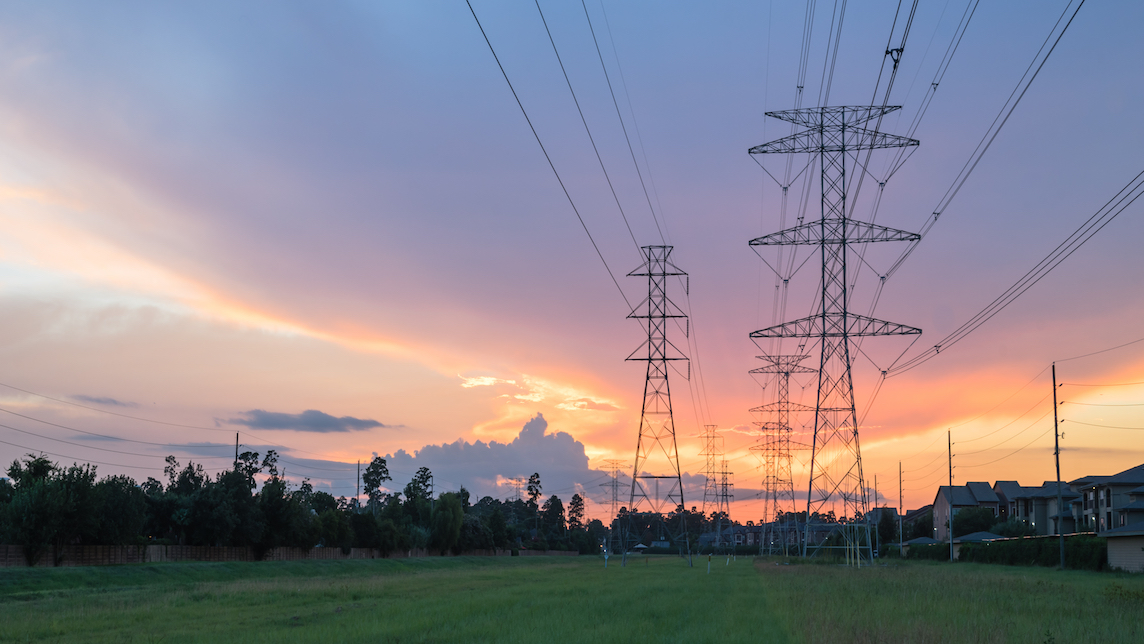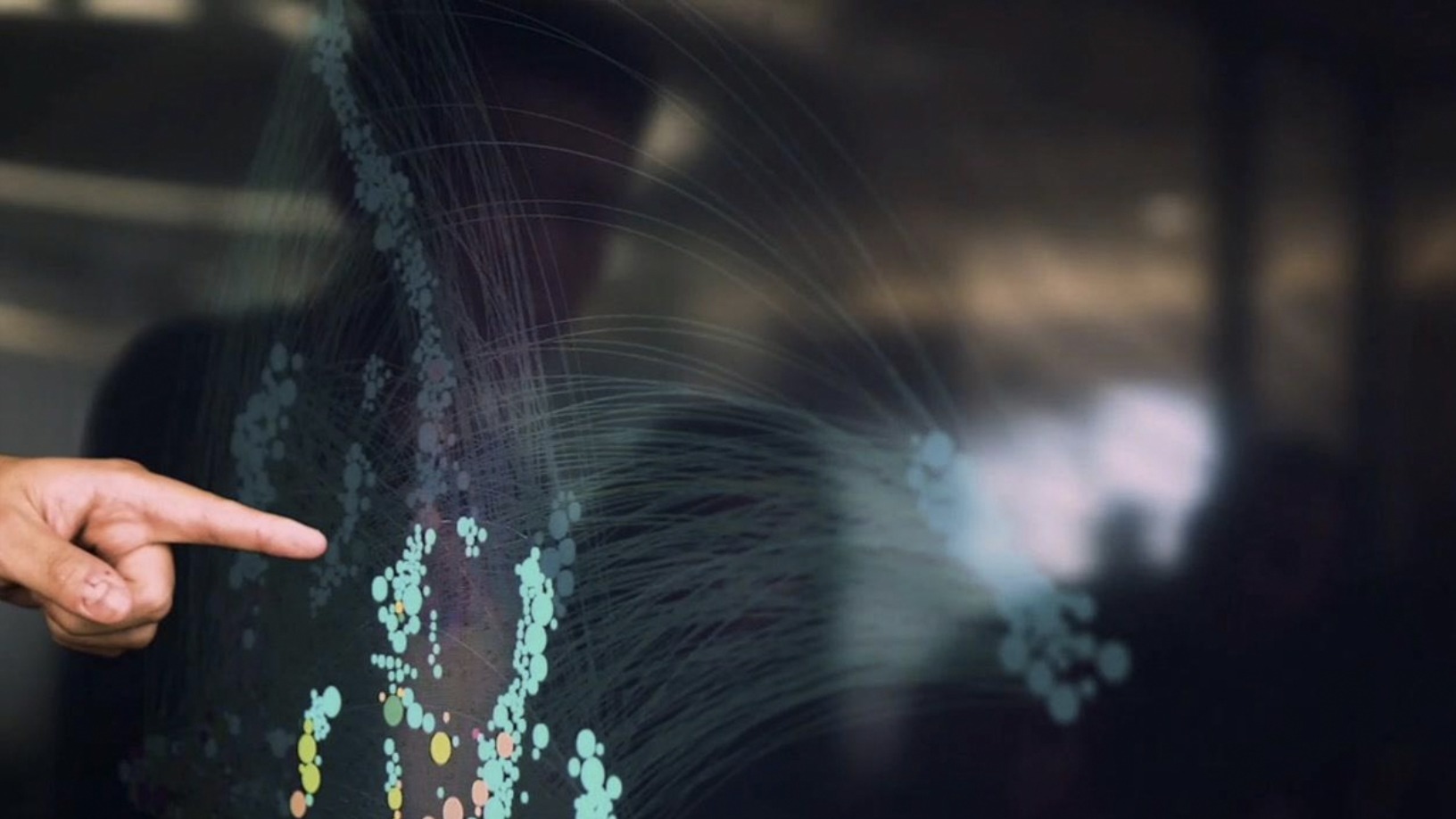Despite the advancements in technology, power failures and technical faults still occur unexpectedly, causing corporates to lose billions of dollars annually. Lisbon-based startup Jungle.ai seeks to address that – prevent power failures by predicting them.
Jungle.ai platform leverages AI and machine learning algorithms and traditional engineering know-how to make predictions in diverse industries, such as manufacturing, transport, infrastructure and energy. It predicts, for example, power outages and technical faults in wind turbines and railway tracks. Not surprisingly, state utility EDP-Energias de Portugal was quick to get the startup on board as a tech partner.
"We knew what we'd made in two weeks, from zero knowledge, could possibly save industry hundreds of millions a year," co-founder and CEO Tim Kock said. "To put it simply, what we do is we gather data and give it to a big collection of machines that start figuring out all the inter-connected patterns and relations to identify any pattern that'll happen in future."
According to the World Bank, the losses incurred due to electrical outages in 2017 reached 0.9% of the total sales of the companies affected in high-income countries. Similar losses accounted for an average of 4.6% worldwide and 9.8% in low-income nations for the same year.
Infrastructure crystal ball
The Azure cloud-based Jungle.ai "crystal ball" collects and monitors all the existing data streams of any given piece of equipment or machinery. It then uses ML and genetic algorithms to mine and process all the data to identify patterns, trends and any anomalies.
Train operators, for example, can benefit from the Jungle.ai software. For example, a train company could "just send two guys in a van" two weeks ahead of time to fix the problem predicted, instead of facing the risk of possible train derailments or penalty fines, Kock said.
Energy companies can also tap the predictive capabilities of Jungle.ai that prevented the failure of a section of the Portuguese electricity grid run by EDP. The startup also won a prize at the end of 2017 for its prediction of failure for one of EDP's wind turbines.
In the case of wind turbines, the Jungle.ai platform collects and monitors the data stream of a specific wind turbine to compute the turbine's power output, the rotation speed of the rotors and generators, the pitch of turbine blades and the wind direction and speed during its lifetime.
The analysis of the big data, within stipulated parameters, can then be used to predict the future performance of that specific turbine monitored, using the Jungle.ai software. In addition, a dashboard displays real-time recommendations to pre-empt, or even prevent, the negative outcomes foreseen.
Jungle.ai can also play a pivotal role in the wind energy sector, as an integral part of alternative solutions to help nations to move away from fossil fuel-generated energy. "One of the main reasons that wind energy is not being adopted is because it costs a lot in insurance policies. No one knows what will happen. It is an immense problem as the turbines could break down randomly, or fail to supply the energy as expected," said Kock.
But within two days of monitoring a wind turbine, Jungle.ai was able to reduce the cost of operating a wind turbine by 15%, which is vital to an industry that needs to become economically viable as an attractive energy alternative. "When we realized this potential, we knew we had to go all out for it," he added.
"Going all out" included seeking funding and moving from Kock's native Netherlands to set up Jungle.ai's new headquarters in Portugal. For six months in 2018, the startup also participated in the Free Electrons acceleration program, among the 15 startups chosen "to transform the energy market with next-generation ideas."
Free Electrons, with EDP as a major sponsor, focuses on entities that have already created a working prototype. That initial funding and access to a wide network of power companies that are leaders in the clean energy transition through the program eventually led Jungle.ai to clinch the EDP deal.
Born from a bar meeting
Kock is a graduate in architecture, design and business with no IT background. While at university in the Netherlands, he was analyzing sports broadcasts to decide on the best locations for advertisements to appear the most frequently within the camera shots. He had spent six months working on an algorithm for an ad placement formula to get the best return on investment. But after reading research papers on AI, Kock tried new techniques and got significantly better results in only a week.
"Instead of reprogramming all the rules, you make the program learn the rules from your content- something clicked for me," he said. "I thought, this is going to be big. It's the biggest thing I've witnessed in Computer Science, and from that moment on, I thought we need to switch everything we're doing."
Just eight years ago, it was in the Dutch city of Delft that Kock met Silvio Rodrigues from Portugal. Rodrigues had gone to study Electrical Engineering and was looking for accommodation. Through a mutual friend, they became student housemates and ended up working together on various AI research projects. Then came Alexander Helmer, a Mathematics student who had overheard the entrepreneurial Kock pitching to a potential investor in the bar that Kock had turned into his own creative co-working space and office. That chance meeting at the bar was in 2014 when Helmer was reading a master's in Aerospace Engineering at Delft University of Technology.
All three graduated from the same university, but it was only in 2016 that they decided to formally join forces to establish the startup. By that time, they had developed more expertise. Helmer had worked at Google Nest as an algorithm engineering intern, Kock had started his own data analytics agency and Rodrigues had obtained a doctorate in the development of a framework to integrate, automate and optimize the design of offshore wind farms.
Jungle freedom
Kock recounted how the startup was renamed Jungle.ai when they started pitching to potential investors. The investors liked the idea of exploring the "living jungle" to discover amazing things. "The jungle is also dangerous to those who don't know what they are doing. So we're like guides in the jungle," he explained.
The first big break came soon after the startup was launched in 2016. In September that year, Jungle.ai was able to access the entire dataset of all the times of the track switches on the Dutch railway that used a system of simple actuators.
"Within two weeks we used all the scales we had. We went from knowing nothing to being able to predict when these things could break two weeks ahead of time, an insane amount of accuracy," Kock said. "We knew we're doing something useful when another team had worked on it for one year and only got 76% accuracy."
The company moved to Lisbon in January 2018 after visiting the city to celebrate a project. The team was impressed by the city's welcoming climate and culture, both literally and in terms of the startup ecosystem.
"In Holland, it took six months for us to find somebody. Here, we just cross-referenced university directories and in no time, we found quite a few people who wanted to join the team. In Holland, our colleagues were struggling to get one or two tech staff. But from Portugal, we received 108 applications for summer internships," Kock said. "So, one morning in 10 minutes, we canceled the rent of our Dutch office. One week later, we were in Portugal."
Recruiting the right staff for expansion is the next objective. Jungle.ai is currently on a recruitment drive for more data technicians. "Our business has skyrocketed. We're easily going to double or even triple in size this year. I know we're going to be successful but we aim to stay humble. This is a step on our path to freedom that will give us the ability to really cause change. As long as you have great individuals you can conquer anything," he summed up.











